Not every business is a start-up. And not every start-up is a business in the way your uncle in Alaba understands it.
So, what’s the real difference between a traditional business and a start-up? Is one better than the other? Not necessarily. But the mindset, approach, and goals? Worlds apart.
Let’s break it down — Naija style.
1. The Hustle Mentality
Traditional Business:
“Buy and sell. Collect your money. Repeat.”
These are your mom’s supermarkets, your uncle’s auto parts shop, or that woman on your street with the frozen food empire. It’s about stability, profit, and surviving the ups and downs of the Nigerian market.
Start-up:
“Let’s build the next Flutterwave. Or at least look like it on LinkedIn.”
Start-ups are usually built to scale fast. They’re obsessed with disruption, tech, and getting funding. The hustle here? Rapid growth — not just steady profit.

2. Structure and Operation
Traditional Business:
- Operates in physical locations (e.g., shops, offices).
- Hierarchy is straightforward: Owner → Staff.
- Decisions are often based on experience, gut, or “how we’ve always done it.”
Start-up:
- Remote teams, Slack channels, and Notion boards.
- Flat(ish) structure — everyone’s a “team lead.”
- Obsessed with data, UX, and “pivoting.”

3. Goals and Vision
Traditional Business:
Goal: Make profit, provide for the family, maybe expand a little.
Vision: “My children will inherit this shop.”
Start-up:
Goal: Scale like crazy, get acquired, IPO, or become the next unicorn.
Vision: “We’re solving Africa’s biggest payment problem.”
Big dreams. Big risk. Sometimes big wahala.
4. Funding
Traditional Business:
Funded by personal savings, co-operative loans, or Uncle Kelechi.
You grow as money allows. Slowly, surely.
Start-up:
Pitch decks, angel investors, VCs, grants.
You could raise $1M without ever making a kobo — but if the burn rate is high and revenue doesn’t catch up, it could all vanish.

5. Tech Integration
Traditional Business:
Uses WhatsApp Business and maybe Paystack.
Still writes inventory in an exercise book.
Start-up:
Tech is the product, process, or platform.
Cloud-based everything. API this, dashboard that.

6. Speed of Growth
Traditional Business:
Slow and steady. Think 10 years to become a household name.
Start-up:
If you’re not growing 10x in 2 years, you’re “failing.”
But burnout is real, and not all growth is healthy.
7. Culture
Traditional Business:
Wear and tear. Hierarchical. Sometimes chaotic but dependable.
Start-up:
Ping pong tables (in theory), flexible hours, mental health Fridays, company values like “Move fast and break things.”
One is looking for product-market fit. The other is looking for customers who pay on time.
8. Risk Tolerance
Traditional Business:
Conservative. “We don’t do credit here.”
Start-up:
Takes risks on untested ideas. Will offer “freemium” just to get users.
Sometimes it pays off. Sometimes, e choke.

So Which One Is Better?
Neither. They’re just different paths to building something valuable.
- If you want consistency, stability, and a business you can pass to your kids, a traditional business might be your jam.
- If you’re chasing innovation, scale, and possibly making the Forbes list at 30, start-up life might suit you more.
Just know this: Na hustle, na strategy, and na God.





